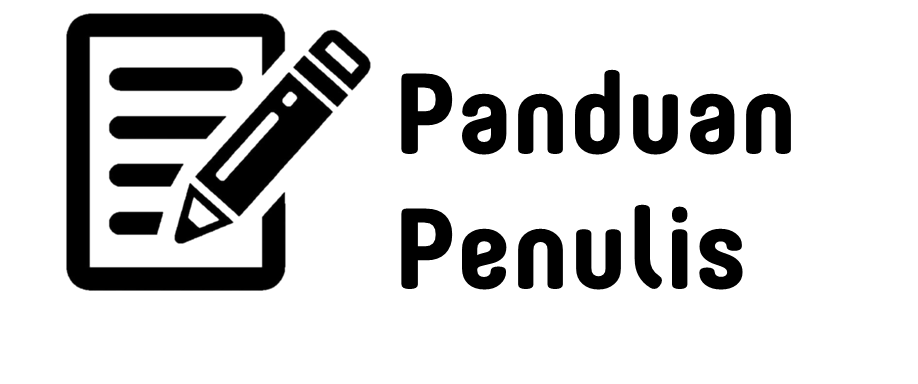STRATEGI AKSELERASI REFUSED DERRIVED FUEL KABUPATEN CILACAP SEBAGAI PENGGERAK EKONOMI SIRKULAR DI INDONESIA
DOI:
https://doi.org/10.56655/jid.v3i1.147Keywords:
acceleration , Refused Derrived Fuel (RDF) , circular economy, Cilacap RegencyAbstract
Waste management is an innovation that needs to be developed. With good management, waste will be transformed into a source of income. Waste management with a technological touch will result in optimal economic improvement. One of the efforts made is the utilization of Refused Derived Fuel (RDF) as an alternative energy source. In this context, waste management becomes very important not only as a technical issue but also as a key to unlocking new potential in a sustainable economy. The research method used in this study is qualitative, with data collection from literature review, field observation, and interviews. SWOT Analysis technique is carried out to formulate optimal strategies. The results of this study indicate that the acceleration of RDF in Cilacap Regency as a driver of the circular economy in Indonesia can be done by implementing the main strategies that have been formulated, namely the development of RDF in Integrated Waste Management Sites (TPST) by optimizing technology and local resources.
References
Burhan, Bungin, Metodologi Penelitian Kualitatif. Jakarta, PT. Raja Grafindo Persada,2010.
Center for International Earth Science Information Network Earth Institute, Environmental Performance Index, Columbia University, 2022.
Dwi Aries Himawanto, Pengolahan Sampah Kota Terseleksi Menjadi Refused Derived Fuel Sebagai Bahan Bakar Padat Alternatif, Jurnal Teknik Industri, 2012, halaman 127.
Kuntum Khoiro Ummatin, Pemodelan Pengelolaan Sampah Kota Sebagai Bahan Energi Alternatif Di Kabupaten Gresik, Universitas Brawijaya, Malang, 2015.
Muhammad Rijal Fadli, Memahami desain metode penelitian kualitatif, Humanika, Kajian Ilmiah Mata Kuliah Umum Vol. 21. No. 1, 2021.
Putu Putri, Upaya Korea Selatan Dalam Manajemen Sampah Pasca Kebijakan National Sword Policy Tiongkok Tahun 2018-2021, Universitas Udayana, 2022.
Paulus Wardoyo, Alat Analisis Manajemen, University Press, Semarang, 2011.
Raevita Andriessa, Pengelolaan Sampah Elektronik: Langkah Singapura Terapkan Ekonomi Sirkular, CWTS UGM, 2022
Sugiyono, Metode Penelitian Kuantitatif, Kualitatif, dan R&D, Alfabeta, Bandung, 2016.
Yulia Hendra, Perbandingan Sistem Pengelolaan Sampah Di Indonesia Dan Korea Selatan: Kajian 5 Aspek Pengelolaan Sampah, Aspirasi: Jurnal Masalah-Masalah Sosial, Vol 7, No.1, 2016.
Undang-Undang Nomor 18 Tahun 2008 Tentang Pengelolaan Sampah
Undang-Undang Nomor 27 Tahun 2020 Tentang Pengelolaan Sampah Spesifik
RPJMN 2020-2024
Peraturan Bupati Nomor 27 Tahun 2022 Tentang Rencana Pembangunan Daerah Kabupaten Cilacap Tahun 2023-2026
Bappeda Cilacap, RKPD Kabupaten Cilacap tahun 2023, Cilacap, 2022.
banyumaskab.go.id, HPSN 2023, Dirjen PSLB3 : Banyumas Terbaik dalam Pengelolaan Sampah, 2023.
Sistem Informasi Pengelolaan Sampah Nasional
Downloads
Published
How to Cite
Issue
Section
License
Copyright (c) 2024 Ahamd Maghfuri, Dwi Wahyu Nugroho

This work is licensed under a Creative Commons Attribution 4.0 International License.







